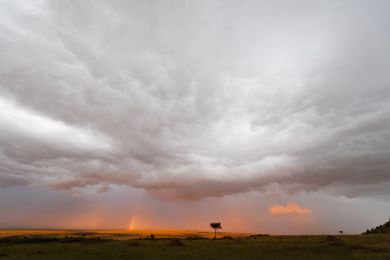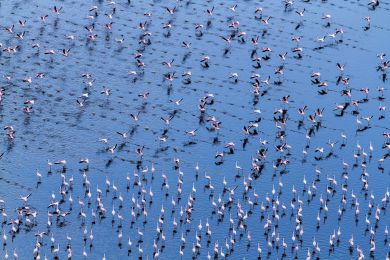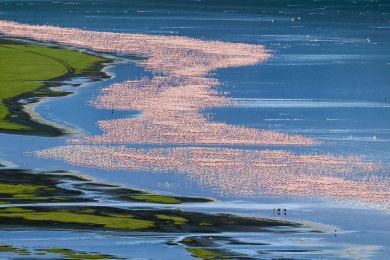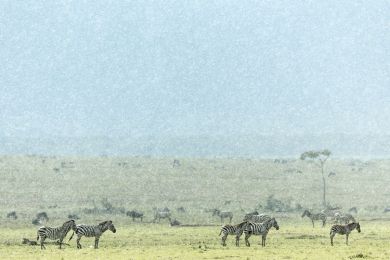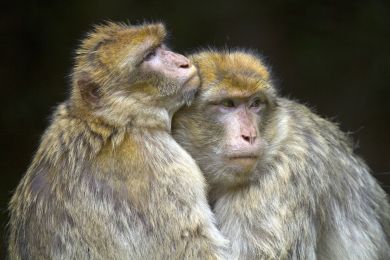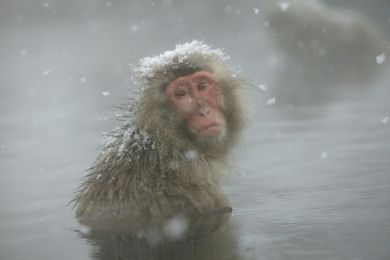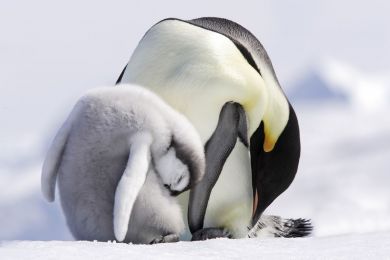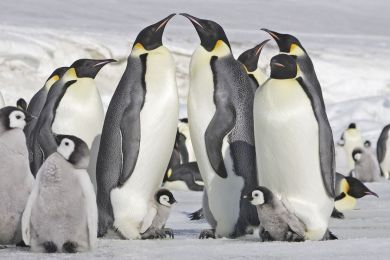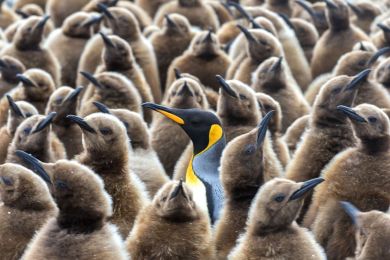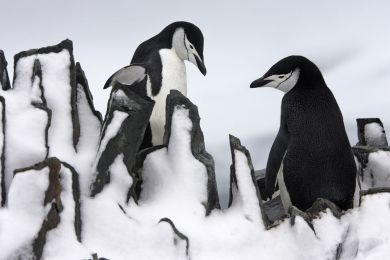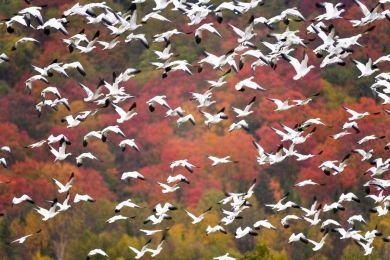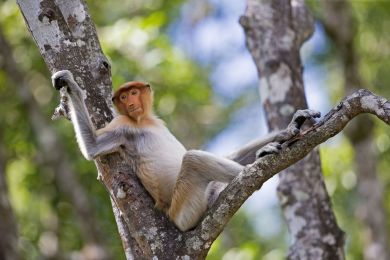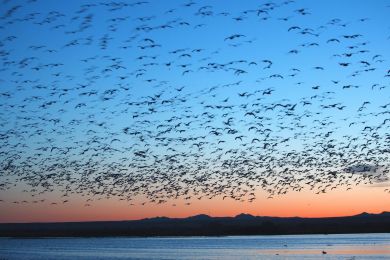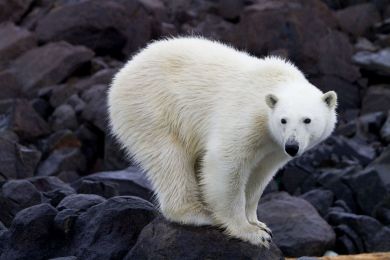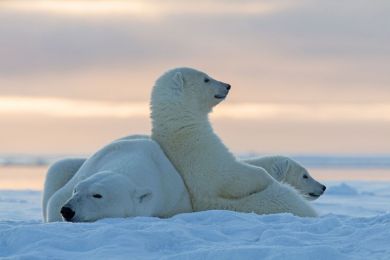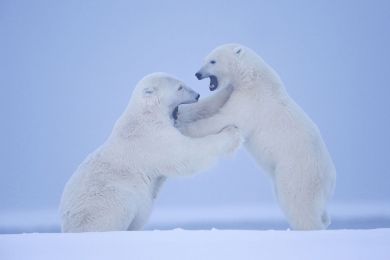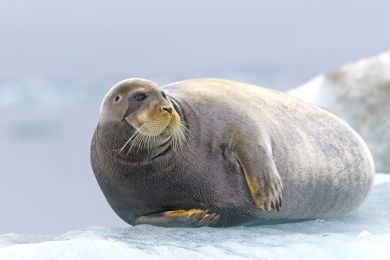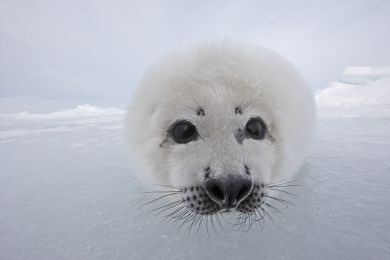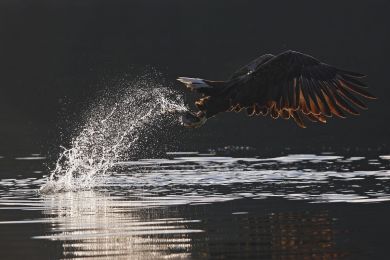By buying this product you can collect up to 178 loyalty points. Your cart will total 178 points that can be converted into a voucher of 35,60 €.
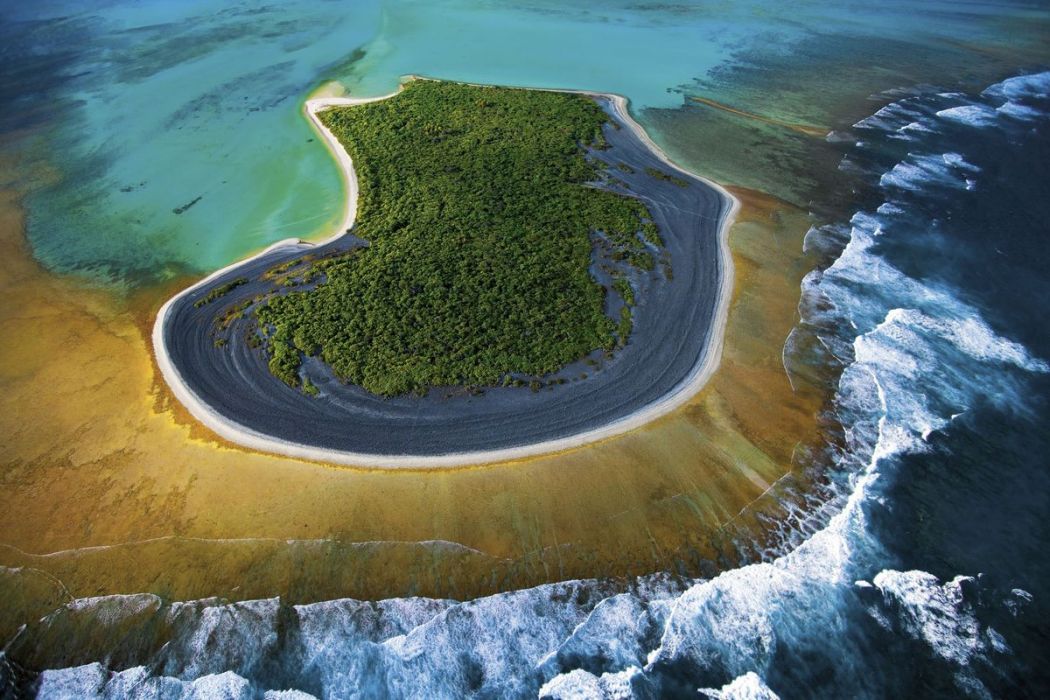 View larger
View larger
Picture information
The islets of Nokanhui, New Caledonia
Yann ARTHUS-BERTRAND
Art photography by Yann ARTHUS-BERTRAND of the islets of Nokanhui south of Île des Pins in New Caledonia. In 1774, Captain Cook landed on a long island, which he named New Caledonia in a reference to his native country.
Data sheet
| Orientation | Landscape |
| Color | Blue |
The islets of Nokanhui, New Caledonia
Yann ARTHUS-BERTRAND
Art photography by Yann ARTHUS-BERTRAND of the islets of Nokanhui south of Île des Pins in New Caledonia. In 1774, Captain Cook landed on a long island, which he named New Caledonia in a reference to his native country.
Fine Art Photography
Print by Experts
100 % Made In France
A recognized expertise, a search of permanent quality.
Printed by a professional photographic laboratory.
All prints are made to order, controlled by the Technical Director.
A certificate of authenticity is provided with each photograph.
Framework made by selected materials to give you the best results. every step of the processing is monitoring by experts.
Loyalty points
Gift Card
Don't miss the opportunity to do the best present...
The whole Yann Arthus-Bertrand photos available with Hemisgalerie gift card.
Lets your guest choose the best image.
Amount from 50 €, create and download directly on our website, valid for one year including promotions.
The original gift for all events
More info
In 1774, Captain Cook landed on a long island, which he named New Caledonia in a reference to his native country. The wild appearance and luxuriant vegetation of the surrounding islands and islets gave the impression of an oceanic Garden of Eden. This heavenly vision ended in 1863, when France turned several of the islands into prisons. No fewer than 22,000 people were “transported” there, including those deported for taking part in the Paris Commune of 1871. After they had served their terms, many remained on the islands, but the islands’ first governor considered this population too small. From 1894 on, he invited more than 500 families, among whom he distributed 25,000 hectares of land. Native Melanesians were denied French citizenship until 1946, when the “indigenous law” was abolished, and only former convicts and colonizers were recognized by France. Today, the Kanaks have achieved independence, sharing sovereignty with the French government under the Matignon agreement of 1998.





















































